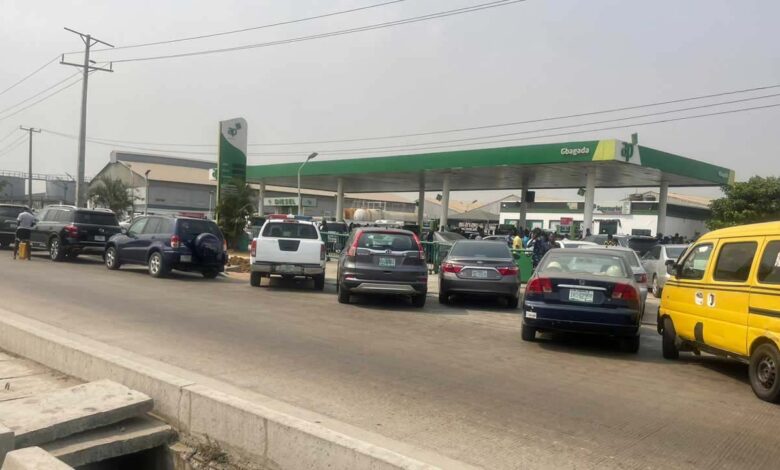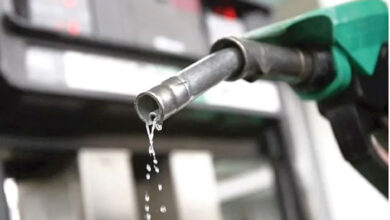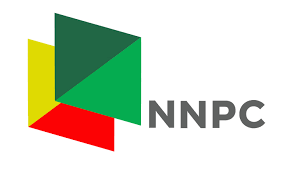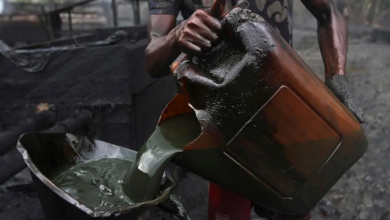Three Months After, Regulators Mum As Fuel Scarcity Lingers Amid N3.36 Trillion Subsidy

- Petrol scarcity spikes transportation costs nationwide
- Product sells for N250-N400 per litre
By guardian.ng (Photo: Eniola Daniel)
More than three months after scarcity of Premium Motor Spirit, otherwise known as petrol emerged in many parts of the country, attributable to alleged increase in ex-depot price, debt and logistics challenges, the situation appears to be getting worse with many Nigerians buying the product at a premium at the black markets or waiting endlessly in prolonged queues for the product at the regulated price.
With the commodity selling as high as N270 at the pump in many retail stations owned by independent marketers, consumers have questioned the rationale and loud silence of the sole importer, the Nigeria National Petroleum Company Ltd. (NNPC) and the regulator, Nigerian Midstream and Downstream Petroleum Regulatory Authority (NMDPRA).
Motorists who cannot stand the long hours spent on the queues have had to resort to the black market, with an impact on transportation costs.
While there have been promises as regards the situation, Nigerians who need to power their homes and businesses using generators as well as many motorists have yet to see an improvement in the supply of the product across the country.
Already, the impact is being felt in the rising cost of transportation, services and dwindling household incomes. Commuters have witnessed at least 200 per cent hike in the cost of transportation.
Similarly, the traffic created as a result of the fuel queues continues to impact productivity as many people now spend more hours on the road.
Despite scarcity, the Federal Government has set aside N3.36 trillion for fuel subsidy (January to June) in the 2023 budget, having spent well over N4 trillion on subsidising the product last year.
The Minister of Finance, Budget and National Planning, Zainab Ahmed, had on Tuesday on the sidelines of the World Economic Forum in Davos, stated that the Federal Government at some point had to borrow funds to buy petrol.
Explaining why the fuel subsidy was not removed in June 2022 despite the plan of the government to halt it at the time, Ahmed said it was a decision that was taken by the government owing to the lingering impact of the COVID-19 pandemic and heightened inflation.
“Removal of fuel subsidy at that time would have increased the burden on the citizens, and the President does not want to contemplate a situation where measures are taken that further burdens the citizenry,” she stated.
Ahmed added, “So the decision was to extend the period from June 2022 to 18 months, beginning from January 2022. So in June 2023, we should be able to exit. The good thing is that we hear a consistent message that everybody is saying this thing needs to go and that it is not serving the majority of Nigerians.
“I listened to some of the new leaders campaigning for the next round of leadership in the country and they are saying they will get rid of it very quickly.
Asked whether it would be possible to halt the fuel subsidy regime in June this year, Ahmed replied: “What will be safer is for the current administration, maybe at the beginning of the second quarter, to start removing the fuel subsidy.”
Within Lagos metropolis, major marketers have continued to bridge the supply gap by selling the commodity at the regulated price. However, only a handful of them are dispensing the product with overwhelming queues disrupting the flow of traffic.
In Ondo State, the scarcity, which was expected to fizzle out within days, has now lasted weeks with no end in sight as motorists and commuters continue to struggle to get the product from the few filling stations dispensing the product.
At a few of the filling stations dispensing the product, there had been an exhibition of anger and at times confrontations by customers who deployed different means to get the product, which now sells between N179 and N280 in Akure metropolis.
In the black market within the state, the product goes as high as N350 to N400. At the Rano filling station within the axis of Custom Junction of the state capital, the product was sold for N235, while Farbas filling station sold for N249.
Also at Fadach filling station around Fiwasaye, the attendants were dispensing at N280 and NNPC filling station, Ondo Road sold at N180.
With the development, the transportation fares had been hiked by drivers, and commodities were affected. The transportation fare from Old Garage, which used to be N50, now goes as high as N150, with the least fare pegged at N100. The fare of commercial motorcycles, popularly known as “okadas,” has also been reviewed by the operators.
Similarly, vulcanizers in the state now charge N200 to inflate a tire, as opposed to the former price of N50.
As a long-term solution to the nation’s fuel dilemma, some of the residents appealed to the government to quickly resuscitate the nation’s shuttered refineries.
In Kano, shortage of fuel has persisted, with long queues of motorists forming around a few fuel stations selling the commodity.
Most of the fuel stations sold the commodity at N300 to N310 per litre although other filling stations like NNPC A.A Rano, Aliko oil and few others sold at the official price.
In Kano reports that fewer motorists are seen flying the roads as most of the private and commercial drivers were forced to park their vehicles off the road.
One of the residents who spoke with The Guardian, Aliyu Idi, expressed disappointment as the problem persisted with no end in sight.
Idi said: “All the relevant authorities have failed to come up with the lasting solution to the problem as I am still paying through my nose to fuel my vehicle buying one litre from N315 at the filling station.”
Another motorist said: “It pains me anytime to see my neighbours parking their vehicles off the road because of the inability to purchase the commodity owing to cut throat price. You must understand that we are struggling between catering for our families or fueling our vehicles, so we have to choose the former. As we speak, I am getting fatigued by the situation, while I would not park my vehicle because of the disturbing situation I have decided to curtail my movements survive the situation.”
Similarly, residents and motorists in Ibadan yesterday, lamented the difficulty in getting fuel and its prohibitive price.
The residents and motorists include Bayo Akanji, Waheed Ooadimeji , Rasheed Abubakar, Muhammad Garba and others.
They told The Guardian that the commodity is being sold between N245 and N270 per litre.
Akanji said: “Fuel is N270 per litre. Although some stations sell at N180 per litre; it is extremely difficult to get there”.
Oladeji said: “There is a station where it is being sold N195 but the queues are too long. But the common prices are N270 and N260”.
Abubakar said: “I buy N265 per litre” while Garba said the commodity is sold between N250 and N270.
The lingering fuel crisis has spiked transportation fares while several vehicles now queue for fuel at filling stations.
Some of the areas like Mokola, Bere, Apata, Ojoo, Molete visited by The Guardian confirmed the excessive hike in transport fares.
For instance, from Olodo to Iwo Road, which used to cost N100 or N150, now costs N300. Iwo Road to Mokola, which used to cost between N150, now costs N200. Iwo road, New garage, Challenge and Toll gate, which used to be N150 before, now cost N400 or N500.
Commercial drivers in Oyo State have completely phased out N50 fares, as no distance no matter how short is less than N100.
Commuters lamented the scarcity of commercial vehicles and how the few available drivers take advantage of the situation, hiking prices exorbitantly.
Eniola Oyeniyi, a banker said she has to struggle to get to her workplace every day since the recent fuel scarcity resurfaced.
“We are going through a lot owing to the fuel scarcity issue. I left for work as early as 7:00 am only to get to the bus stop and waited for hours because vehicles were not available. The few available vehicles were rushed by many and we had to pay more than two times the money we are supposed to pay,” she said.
Adenike Bamidele said, “I stepped out to go look for fuel and the only filling station selling around my side asked us to go back home and bring our generators. Does it make any sense, how am I supposed to carry the generator from my house to the filling station.”





